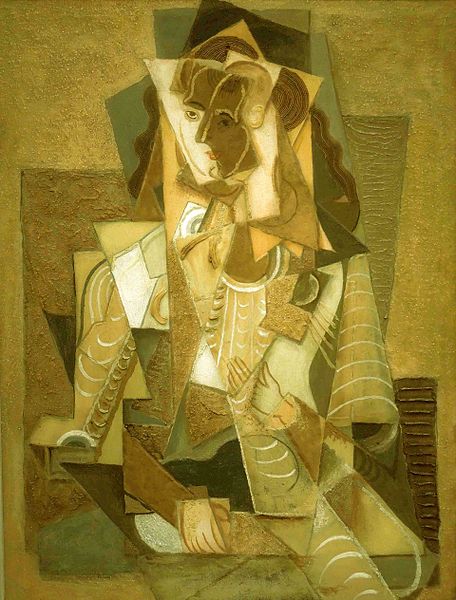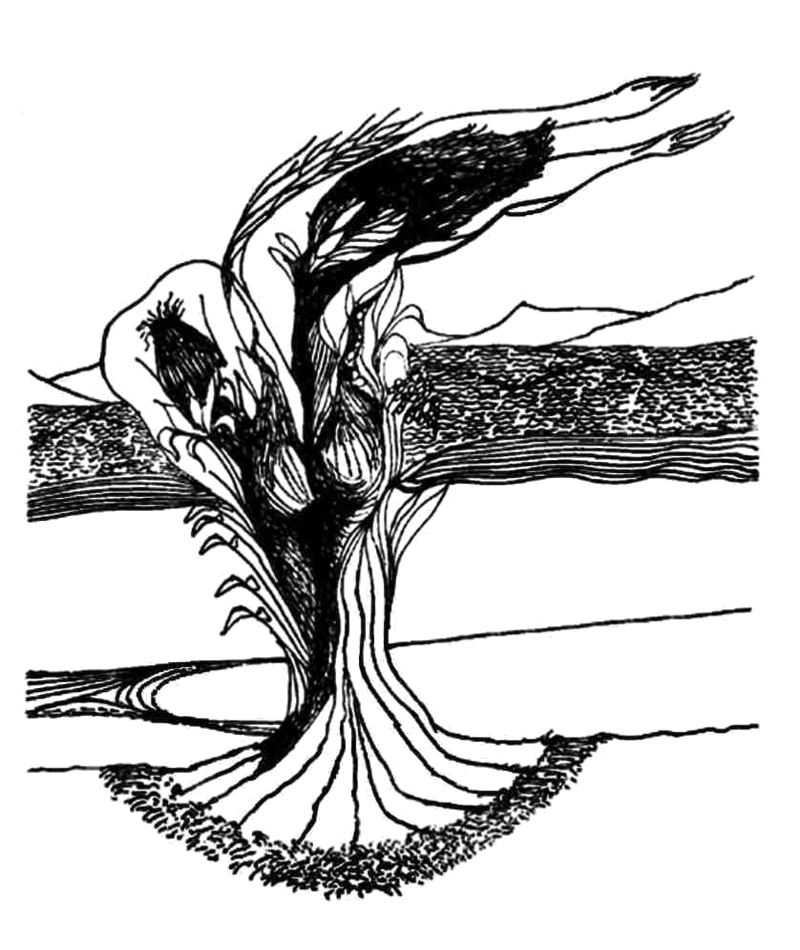
വലിച്ചെറിഞ്ഞ അപ്പം
പുലരുമ്പോഴേക്കും പൂപ്പിക്കും,
അതിലെ പൂക്കാത്ത മൂലയ്ക്കായി
നായയും പിച്ചക്കാരിയും
കടിപിടി കൂടുന്നത് രസിക്കും.
ഒറ്റപ്പെട്ട വീട്ടിൽ ആരോരുമറിയാതെ
മരിച്ച് കിടക്കുന്നവനെ ആഴത്തിൽ പരിചരിക്കും,
കാണാതായവരുടെ ഫോറൻസിക് ശേഷിപ്പായി
നഖമോ മുടിയോ ബാക്കി വെക്കും,
മുങ്ങി ചത്തവനെ
മൂന്നാം നാൾ ചീർത്തു്, ഉയിർപ്പിക്കും.
എന്തിനേയും പഴങ്കാലം പോലെ ചീയിക്കും.
അതിൽ വർണ്ണക്കൂണുകളും
പുകനിറമുള്ള സൂക്ഷ്മസസ്യങ്ങളും വളർത്തി
ചരമഘോഷയാത്രയാക്കും.
തിന്നു് തിന്നു്
ദുർദ്ദേവതകളേയും കൂടി തിന്നൊടുക്കി
ഭൂമിയും ആകാശവും പുതുക്കി തരേണമേ.
വെള്ളത്തെ വീഞ്ഞാക്കുന്ന
സർവ്വവ്യാപിയായ ദൈവമേ, സ്തോത്രം.
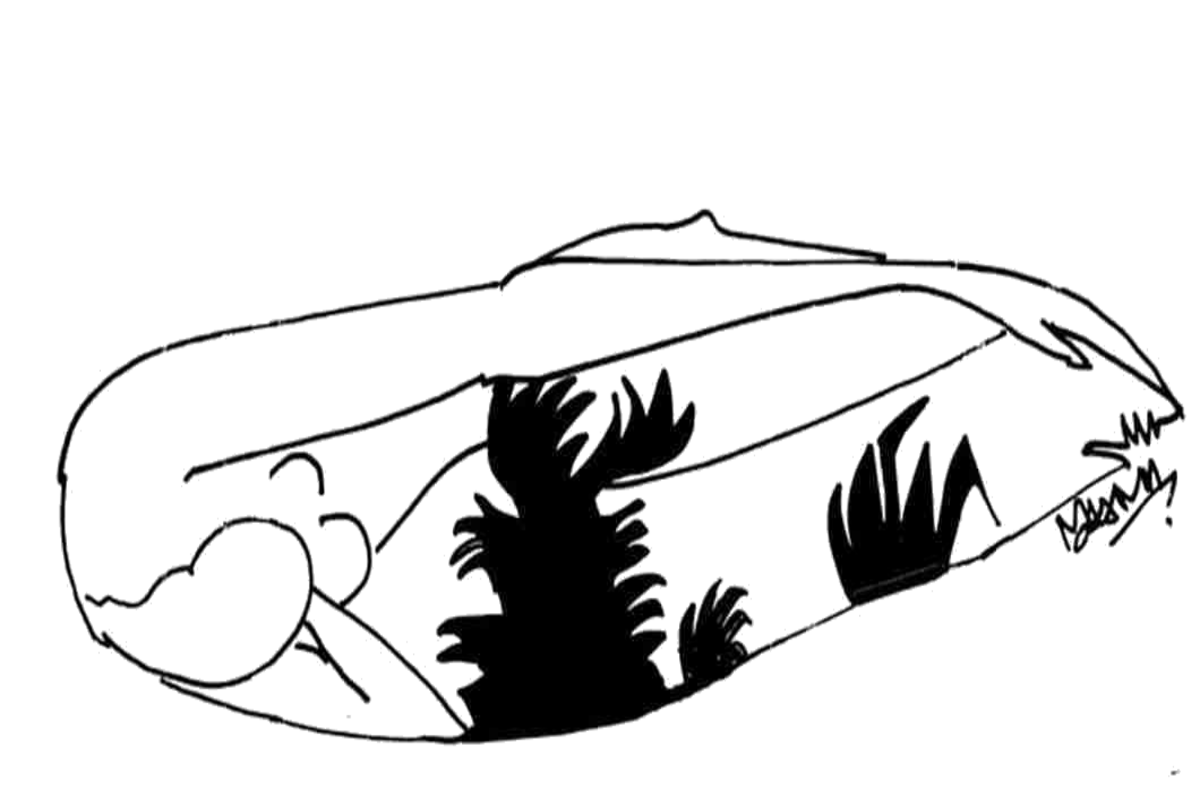
32546 വയറുകൾ
ബ്രേക്കിൽ നിന്നു് ബ്രേക്ക് പാഡിലേക്കും
ക്ലച്ചിൽ നിന്നു് ക്ലച്ച് പാഡിലേക്കും
സ്റ്റിയറിംഗ് വീലിൽ നിന്നു്
വൈപ്പറിലേക്കും
ഹോണിലേക്കും
165784 പിരിയാണികളുടെ ഇടയിലൂടെ
ഓടിയത് കൊണ്ടു് മാത്രം
ഒരു കാറും കാറാകുന്നില്ല.
ഹിൽസ്റ്റേഷനിലേക്കുള്ള വഴിയിലെ
ഒഴിഞ്ഞ കാട്ടുമൂലയിൽ
കാമർത്തരായ പ്രണയികൾക്കൊപ്പം
ഉയർന്നു് താണു് കുലുങ്ങുമ്പോൾ
ഒരു കാർ കാറാകുന്നു.
പുഴക്കരയിൽ വഴി തീർന്നു്
ചങ്ങാടം കാത്തു് നിൽക്കുമ്പോൾ
എലികൾ ആരും കാണാതെ
എഞ്ചിനിലേക്കുള്ള വയറുകൾ വെട്ടുമ്പോൾ
കിളികൾ ബോണറ്റിൽ കാഷ്ടിക്കുമ്പോൾ
വഴിയോരത്തൊതുക്കിയ കാറിന്റെ
കീഴെ നായ ഉറങ്ങുമ്പോൾ,
ഋത്വിക്ക് ഘട്ടക്ക്
ജഗ്ഗാദലുമായ് പ്രണയത്തിലാവുമ്പോൾ
ഒരു കാർ കാറാകുന്നു.
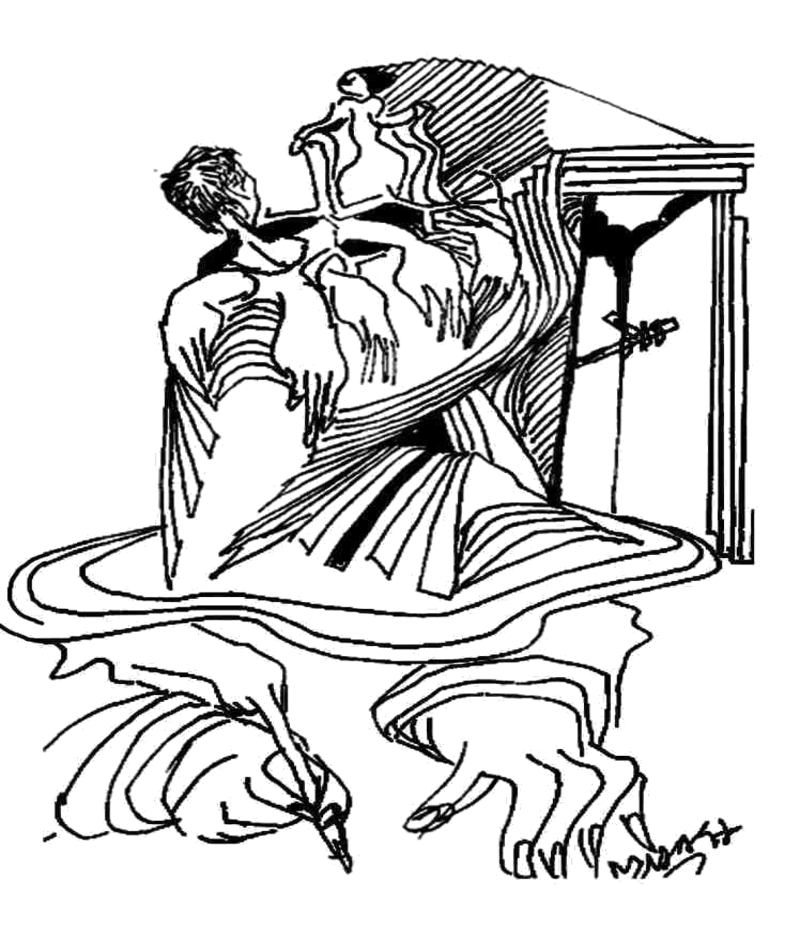
എന്റെ മുറിയിലെ പിക്കാസോ
ഒരു മഹാൻ.
ഞാൻ തുറക്കുന്ന കാറ്റലോഗിലെ
ഏതൊരേടിൽ നിന്നും
അയാളെക്കുറിച്ചുള്ള
ഏതൊരു ഡോക്യുമെന്ററിയിൽ നിന്നും
ഒരത്ഭുതത്തിൽ കുറഞ്ഞൊന്നും
ഞാൻ പ്രതീക്ഷിക്കുന്നില്ല.
ഈ വഴിയിൽ ഉന്തുവണ്ടിയൊതുക്കി
തുണി തേക്കുന്നവനെപ്പോലെ
ഇടയ്ക്കു് തമിഴ്പ്പാട്ടു് കേൾക്കാനോ
ആളെ കാത്തു് കിടക്കുന്ന ഓട്ടോയിലിരുന്നു്
മൊബൈലിൽ സിനിമ കാണാനോ
അതേ അലമാരയിലെ
തൊട്ടപ്പുറത്തിരിക്കുന്ന നോവലിലെ
സുന്ദരിയെ കണ്ണിറുക്കി കാണിക്കാനോ
അയാൾക്കിപ്പോൾ സ്വാതന്ത്ര്യമില്ല.
കാരണം,
എന്റെ പിക്കാസോ
സദാ കലാ പ്രവർത്തനത്തിൽ
മുഴുകിയ ഒരു ബുദ്ധനാണു്.
അയാളോടുള്ള കടുത്ത ബഹുമാനത്താൽ
എന്റെ വായിൽ ഇടയ്ക്കു് കുത്തുന്ന
കൊച്ച് വർത്തമാനം പോലും
ഞാൻ പുറത്തേക്കിറങ്ങി
മറ്റുള്ളവരോടു് പറയുന്നു,
എനിക്കു് പറയാനുള്ള
ചെറിയ ആശയങ്ങളുടെ ജാള ്യതയാൽ
അതും മറ്റുള്ളവരോടു് പറയുന്നു.
ഒരേ ജയിലിലെ
പൊരുത്തപ്പെട്ടു് പോകാനാകാത്ത
തടവുകാരെ പോലെ,
ഞാനും പിക്കാസോയും അയാളുടെ മഹത്വവും.
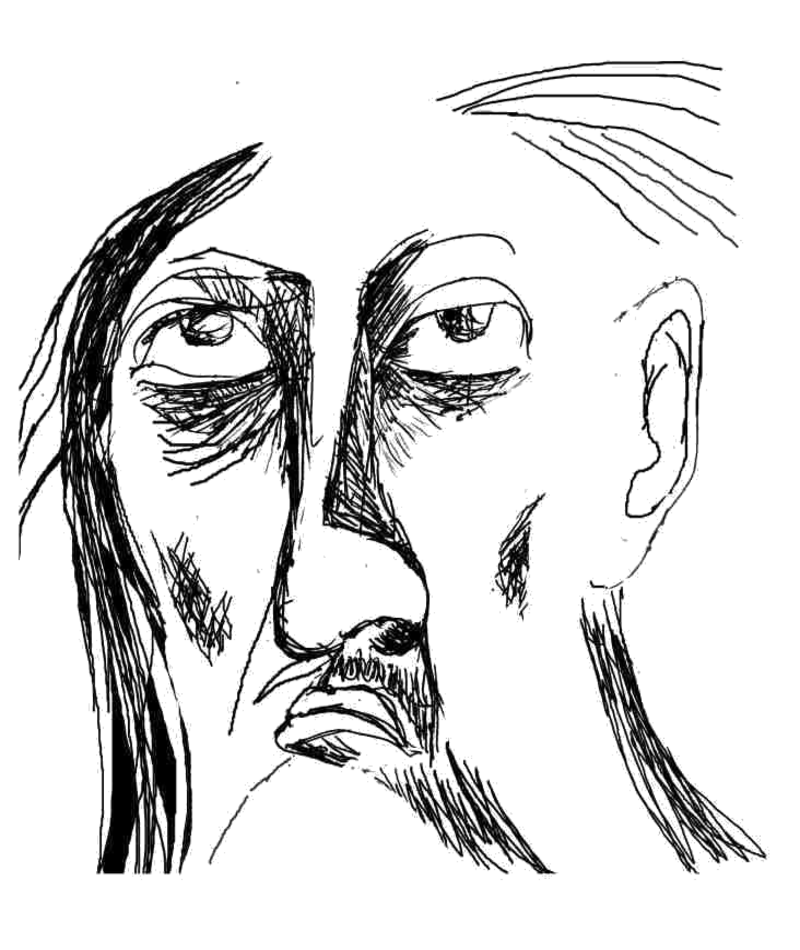
The chair holds
the story of Cinema Paradiso,
a seat for the history of cinema
the lovers, clutching the stile as if the
last straw on earth, before an orgasmic flood
the burning ass
above the flame of corporate deadline
the writer staring at the blank screen,
(a man in debt, out of excuses)
the security guard at the hour of sleep,
rocking to an invisible thread of poverty
the king on one side
and a thousand citizens on the other
the political leader on air,
suavely defending student killing
the sinner
at the sacrament of confession
the uneasiness of a rare visitor
at the old age home
the visa applicant
at the embassy table
the job applicant
at the interview table
the convict
at the interrogation table.
the ghost of a tree stump, where you
read your childhood comics
the Rockaby seat of Samuel Beckett
that oscillates between life and death
the throne of a superstar at the salon
for, say, a Robert Downey Jr. cut
the lonely man returning home
from his wife’s funeral.
The chair reminds the bare torso of
a slave stooping for his master,
the way fragile clouds bank
on the stillness of lakes to look weighty
trees engage in a seated protest, their
green placards drowning in concrete,
their dead leaves settle on the earth,
a gigantic coffin.
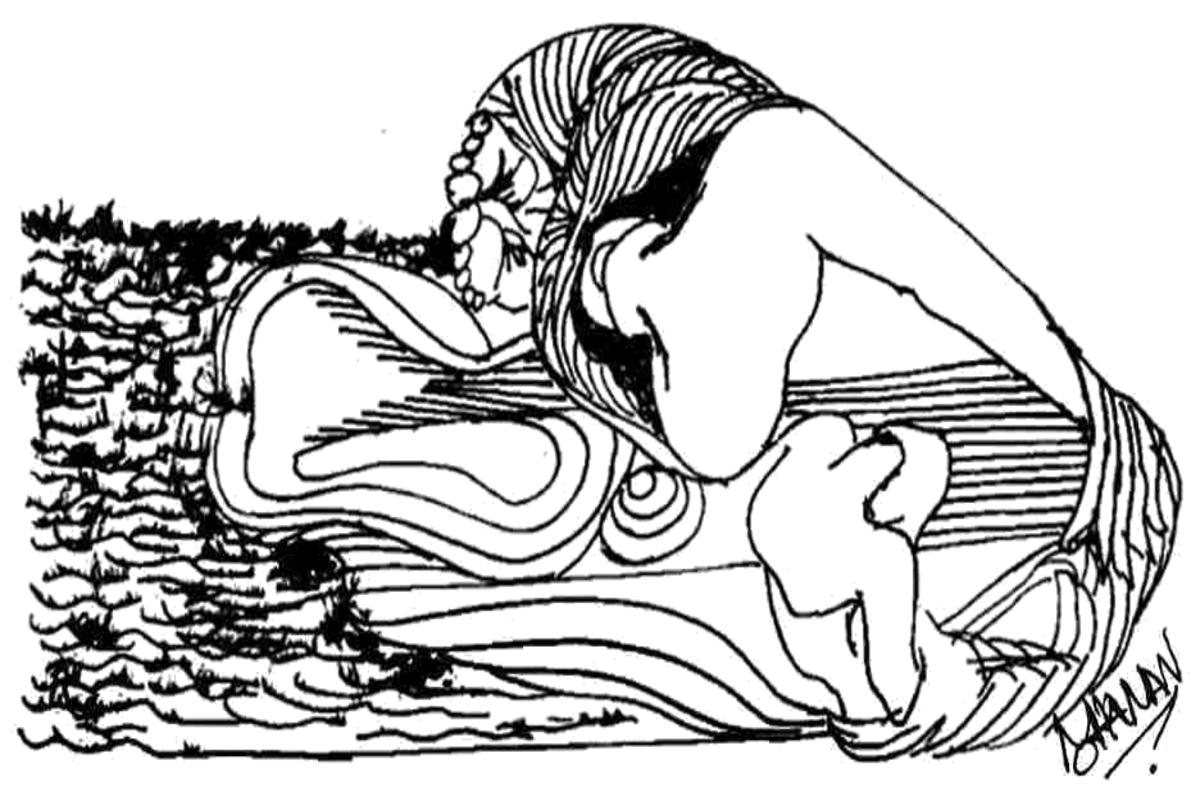
A man who loved
to paint flowers,
dreamt of wheels.
He didn’t know why.
The dreams of flowers
must have been
about wheels,
about how to rewrite
in bold black that
colour is not an invitation,
that fragrance
is a construct of
the lover’s nose,
that a garden is
a pleasing lie.
In the flower’s dream,
the buzzing of
pleasure seeking bees
makes way for
dumping-ground-committees
of vultures.
The true stink of life,
like burnt vulcanised tyres
in those garbage dumps.
The vultures resemble
young Karl Marx and co.
addressing the
downtrodden rats,
the wilted frogs,
listening out the near swat
experience of flies, mosquito
tales on bloodless cities.
Along the food chains
that humans locked out
for lack of profit,
the vultures sit on a huge
mountain of waste,
the new God.
The flowers, wilted
and meaningless,
wakes up from their dream.
That buries the distinct voices of the breast
chest and torso, maps speech
to the imperial unicode. It fights the head,
a democratic setup free of robes,
offers a feathered hat to cave in. Look closely
—the zipper is a sutured mouth
that wishes to speak. The pubes are on the run
for cover from patrol lights.
A lonely sparrow wishes to hoot from the
depths of the bodies’ valley.
Speech of skin & bones, relegated to the private
—muted, shamed. The robe cuts to size
a smile and a sob, stifles the rising protest.
Body, the subaltern of being.

Aditya Shankar is a bilingual poet who has been writing and publishing poetry in English and Malayalam since 2002. His poems have appeared in journals from twenty-five or more nations and translated into Arabic and Malayalam. His poetry collections include After Seeing (2006), Party Poopers (2014), and XXL (2018). He edited Tiny Judges Shall Arrive (AHRC, Hong Kong), a selection of KG Sankara Pillai’s poems translated into English. A Postcard to Voice (Forthcoming, Dhauli Books) is an anthology of his translation project, Malayalam Poetry in Translation, that was published in Modern Literature. His short films have participated in International Film Festivals. He lives in Bangalore, India.
Illustrations: V. Mohanan
